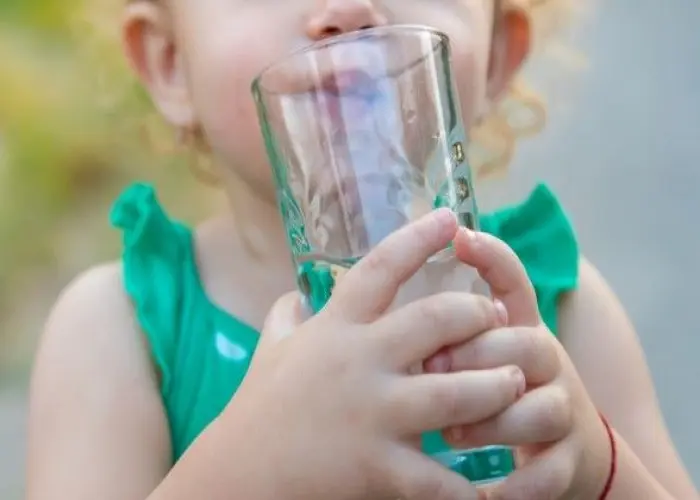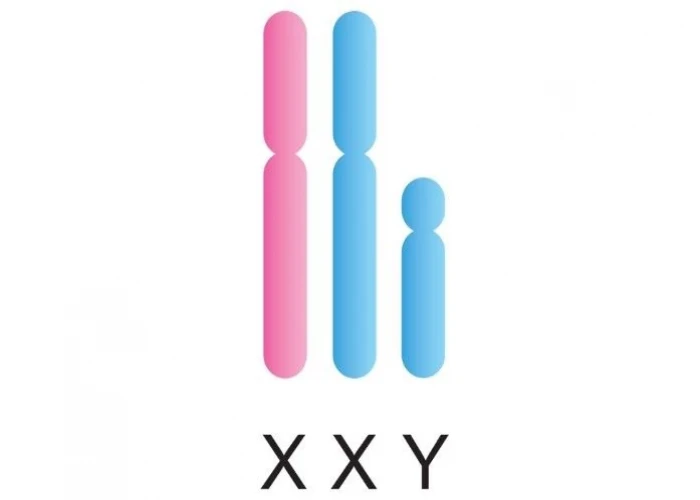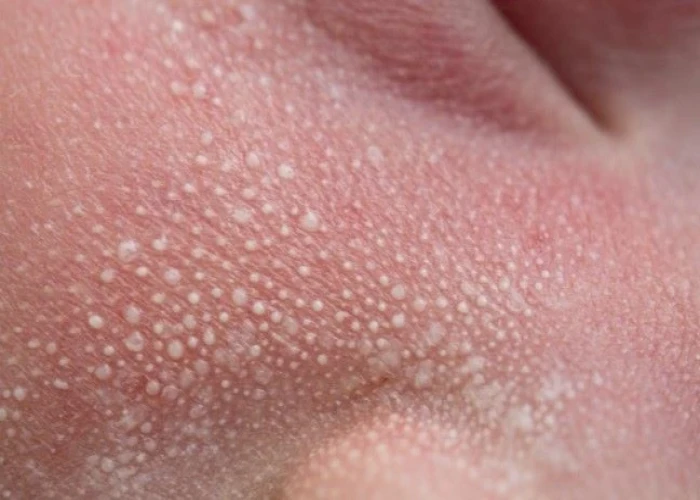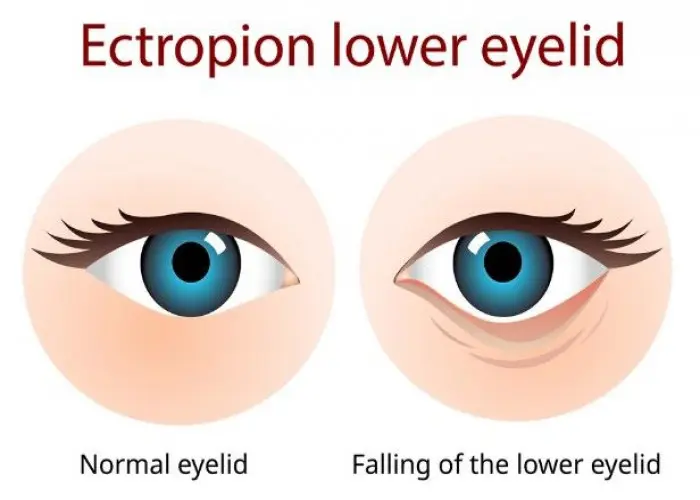 Welcome
Welcome
“May all be happy, may all be healed, may all be at peace and may no one ever suffer."
Common cold in babies

The common cold is also common in babies, especially those under the age of 2, as their immune systems are not fully developed. Babies with a cold may have symptoms such as a stuffy or runny nose, cough, sneezing, mild fever, and irritability. It's important to monitor babies closely for signs of dehydration and to ensure that they are getting enough fluids. Treatment for a cold in babies may include nasal saline drops to help clear congestion, using a cool-mist humidifier to moisten the air, and offering age-appropriate pain and fever relievers if necessary. If a baby shows signs of worsening symptoms or has a high fever, it's important to contact a healthcare provider.
Research Papers
Disease Signs and Symptoms
- Runny nose
- Fever
- Frequent sneezing
- Cough
- Loss of appetite
- Irritability
- Trouble sleep (insomnia)
Disease Causes
Common cold in babies
The common cold is an infection of the nose and throat (upper respiratory tract infection) that can be caused by one of more than 200 viruses. Rhinoviruses are the most common.
A cold virus enters your baby's body through his or her mouth, eyes or nose.
Once infected by a virus, your baby generally becomes immune to that virus. But because so many viruses cause colds, your baby may have several colds a year and many throughout his or her lifetime. Also, some viruses don't produce lasting immunity.
Your baby can be infected with a virus by:
- Air. When someone who is sick coughs, sneezes or talks, he or she might directly spread the virus to your baby.
- Direct contact. Someone with a cold who touches your baby's hand can spread the cold virus to your baby, who can become infected after touching his or her eyes, nose or mouth.
- Contaminated surfaces. Some viruses live on surfaces for two hours or longer. Your baby may catch a virus by touching a contaminated surface, such as a toy.
Disease Prevents
Common cold in babies
There's no vaccine for the common cold. The best defense against the common cold is commonsense precautions and frequent hand-washing.
- Keep your baby away from anyone who's sick. If you have a newborn, don't allow visits from anyone who's sick. If possible, avoid public transportation and public gatherings with your newborn.
- Wash your hands before feeding or touching your baby. Wash your hands thoroughly and often with soap and water for at least 20 seconds. If soap and water aren't available, use an alcohol-based hand sanitizer that contains at least 60% alcohol. Teach your older children the importance of hand-washing. Avoid touching your eyes, nose or mouth with unwashed hands.
- Clean your baby's toys and pacifiers often. Clean frequently touched surfaces. This is especially important if someone in your family or your baby's playmate has a cold.
- Teach everyone in the household to cough or sneeze into a tissue. Throw away used tissues right away and then wash your hands thoroughly. If you can't reach a tissue in time, cough or sneeze into your elbow. Then wash your hands.
- Review your child care center's policies. Look for a child care setting with good hygiene practices and clear policies about keeping sick children at home.
Simple preventive measures can help keep the common cold at bay.
Disease Treatments
There's no cure for the common cold. Most cases of the common cold get better without treatment, usually within a week to 10 days, but a cough may linger for a week or more. Antibiotics don't work against cold viruses.
Try to make your baby more comfortable with measures such as making sure he or she drinks enough fluids, suctioning nasal mucus and keeping the air moist.
Over-the-counter (OTC) medications generally should be avoided in babies.
Fever-reducing medications
You can use OTC fever-reducing medications if a fever is making your child uncomfortable. However, these medications don't kill the cold virus. Fever is a part of your child's natural response to the virus, so it may help to allow your child to have a low-grade fever.
For treatment of fever or pain in children, consider giving your child infants' or children's over-the-counter fever and pain medications such as acetaminophen (Tylenol, others) or ibuprofen (Advil, Motrin, others). These are safer alternatives to aspirin.
For children younger than 3 months old, don't give acetaminophen until your baby has been seen by a doctor. Don't give ibuprofen to a child younger than 6 months old or to children who are vomiting constantly or are dehydrated. Use these medications for the shortest time. If you give your child a pain reliever, follow the dosing guidelines carefully. Call your doctor if you have questions about the right dosage for your baby.
Children and teenagers recovering from chickenpox or flu-like symptoms should never take aspirin. This is because aspirin has been linked to Reye's syndrome, a rare but potentially life-threatening condition, in such children.
Cough and cold medications
Cough and cold medications aren't safe for infants and young children. OTC cough and cold medicines don't treat the underlying cause of a child's cold and won't make it go away sooner ⸺ and they can be dangerous to your baby. Cough and cold medications have potentially serious side effects, including fatal overdoses in children younger than 2 years old.
Don't use over-the-counter medicines, except for fever reducers and pain relievers, to treat coughs and colds in children younger than 6 years old. Also consider avoiding use of these medicines for children younger than 12 years old.
Disease Diagnoses
Disease Allopathic Generics
Disease Ayurvedic Generics
Disease Homeopathic Generics
Disease yoga
Common cold in babies and Learn More about Diseases

Ameloblastoma

Actinic keratosis

Klinefelter syndrome

Naegleria infection

Milia

Rheumatic fever

Patent ductus arteriosus (PDA)

Ectropion
Common cold in babies, Common cold, Common cold symptoms, শিশুদের মধ্যে সাধারণ ঠান্ডা
To be happy, beautiful, healthy, wealthy, hale and long-lived stay with DM3S.
